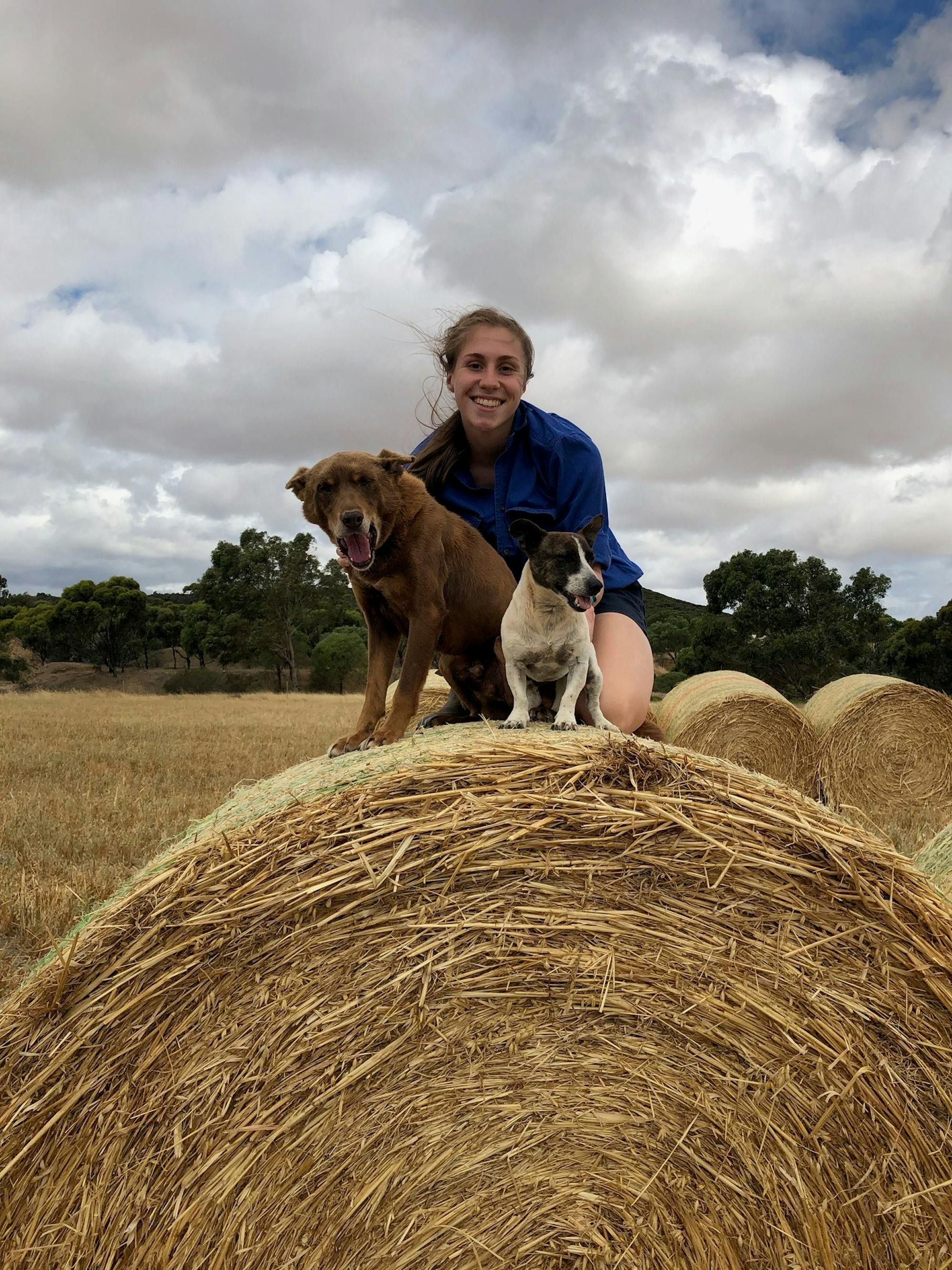Breaking down barriers that Wheatbelt families encounter in attempting to access childcare services quickly became a personal mission for Madelene Booth during her recent internship at Regional Early Education and Development (REED).
The University of WA Biomedical Science student completed her 100-hour McCusker Centre for Citizenship internship at REED in January 2020.
Belmont resident Ms Booth, whose farmer father grew up in a small Wheatbelt town called Cadoux, said she felt an immediate affinity with REED.
REED works closely with local councils, shires and community organisations to ensure the best quality early childhood education and care services are provided for rural children, families and communities.
One of the 21-year-old’s internship projects was to research the Australian Government’s Child Care Subsidy (CCS) and prepare a document outlining the barriers that Indigenous and rural families faced in applying for the subsidy through Centrelink.
Ms Booth visited a Centrelink office to find out for firsthand the challenges for people who don’t live close to a Centrelink office.
REED General Manager Kylie Helgesen said Ms Booth’s solutions had potential to contribute to real change.
“It was impressive to see how quickly Madelene gained an understanding of the important role of REED and early childhood education and care in rural communities,” Ms Helgesen said.
“Her reflections and the insights she shared following every field visit and activity are invaluable.
“Madelene’s enthusiasm, willingness to tackle a diverse range of tasks, her creativity and approach to solving problems were refreshing and admirable.”
During her internship, Ms Booth explored the idea of commissioning Indigenous artists to paint murals and lead art classes community centres throughout the Wheatbelt region.
In addition to designing posters and booklets to educate regional families on the benefits of childcare, she also contacted agricultural suppliers and convinced them to donate farm machinery toys to the centres.
“I had the idea that if we could get tractors and harvesters into the centres and parents could see their children interacting with farm machinery, it would help them see the benefits of childcare centres more,” she said.
Ms Booth said the McCusker Centre for Citizenship subverted her assumption that all internships were spent in front of a computer.
“My experience with REED was so varied and hands-on,” she said.
“I got to drive around the country and meet so many people.
“This internship has changed how I felt I can make an impact. It opens your eyes that you are actually very important to society and you can make a real change.”

